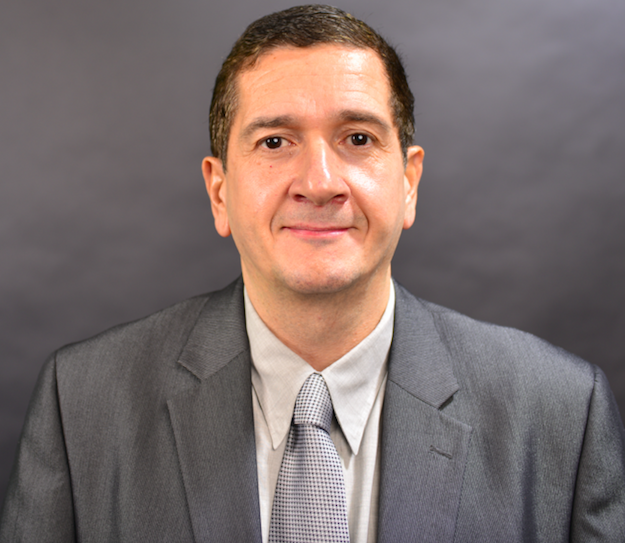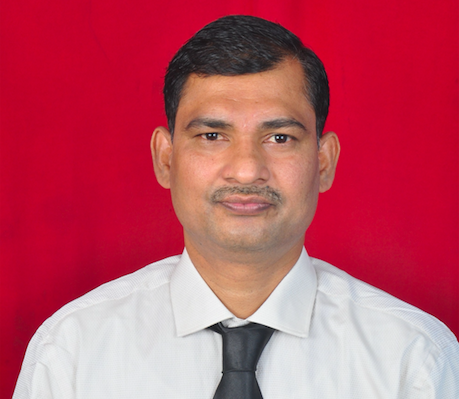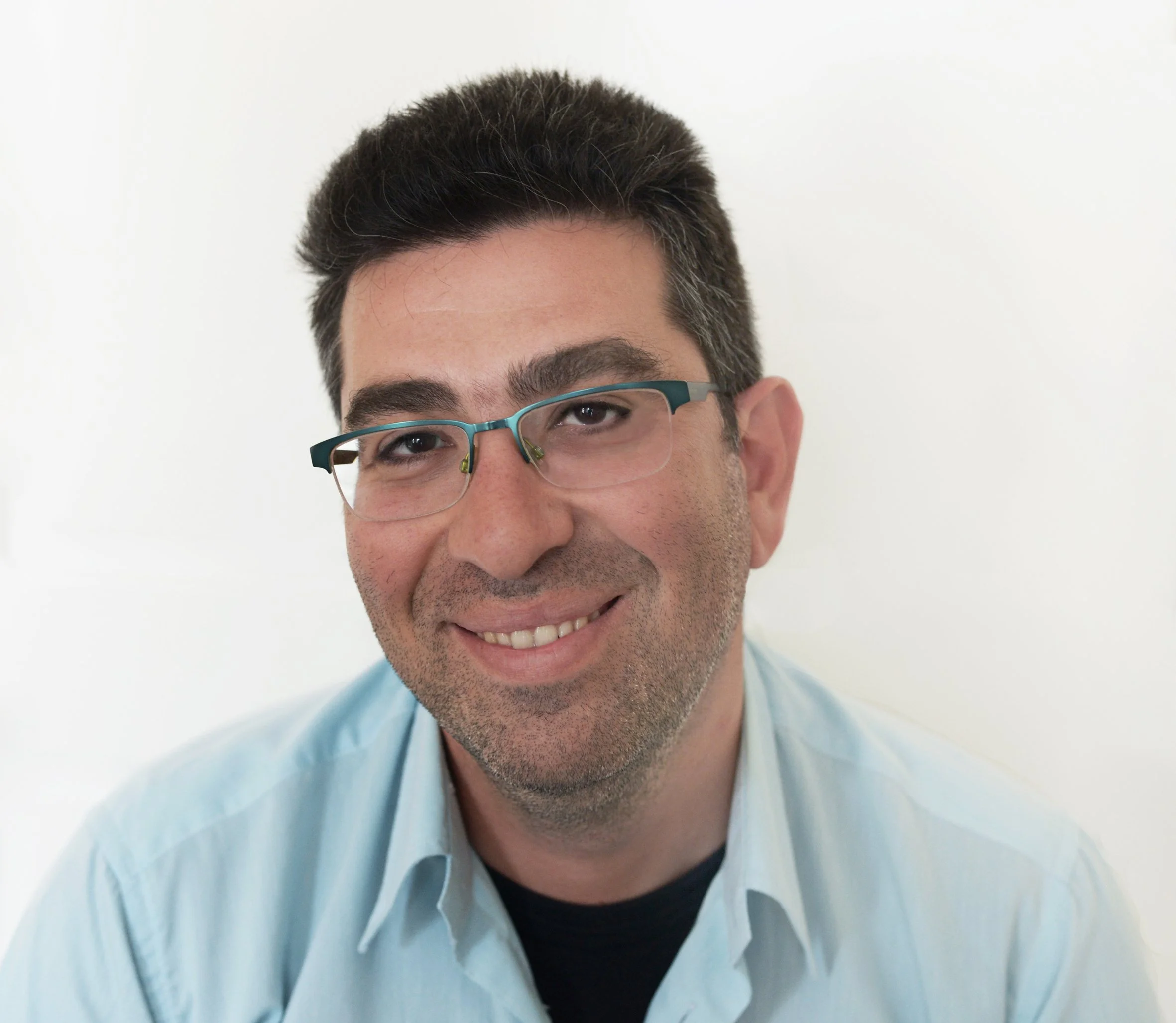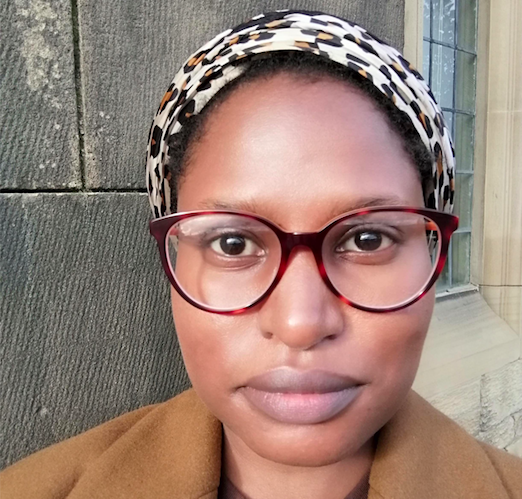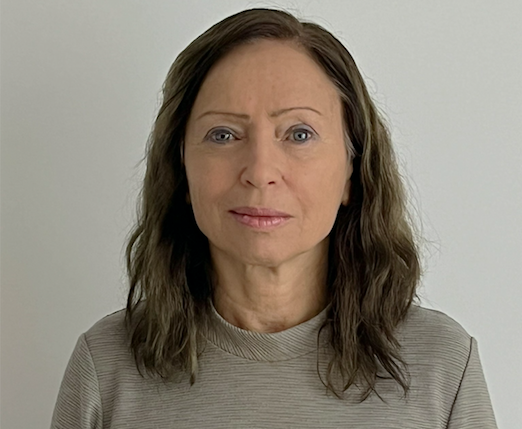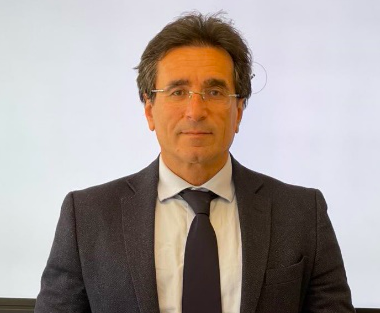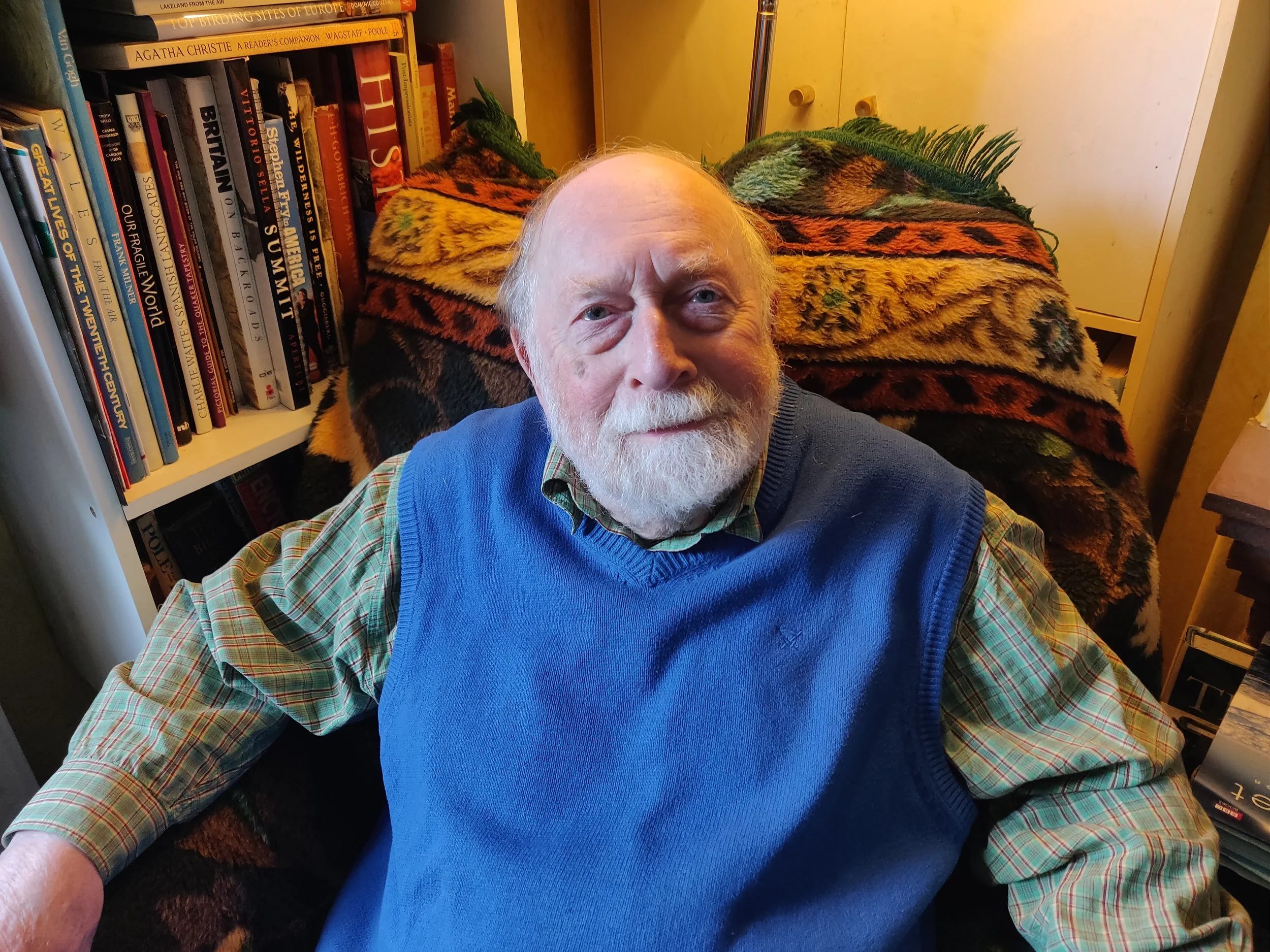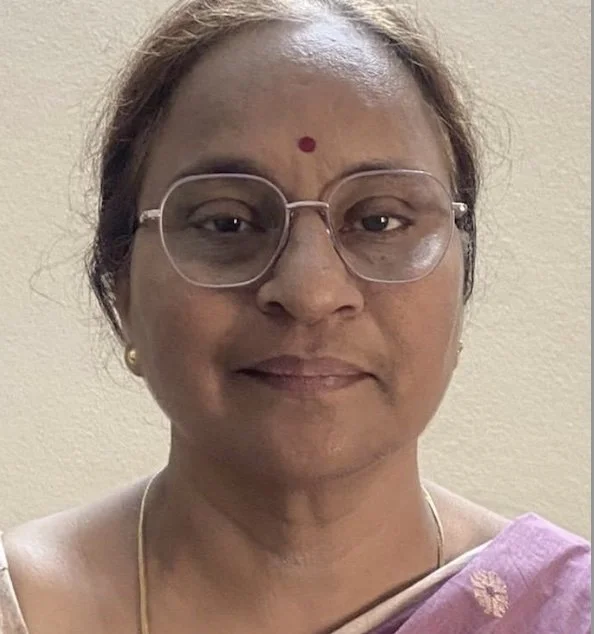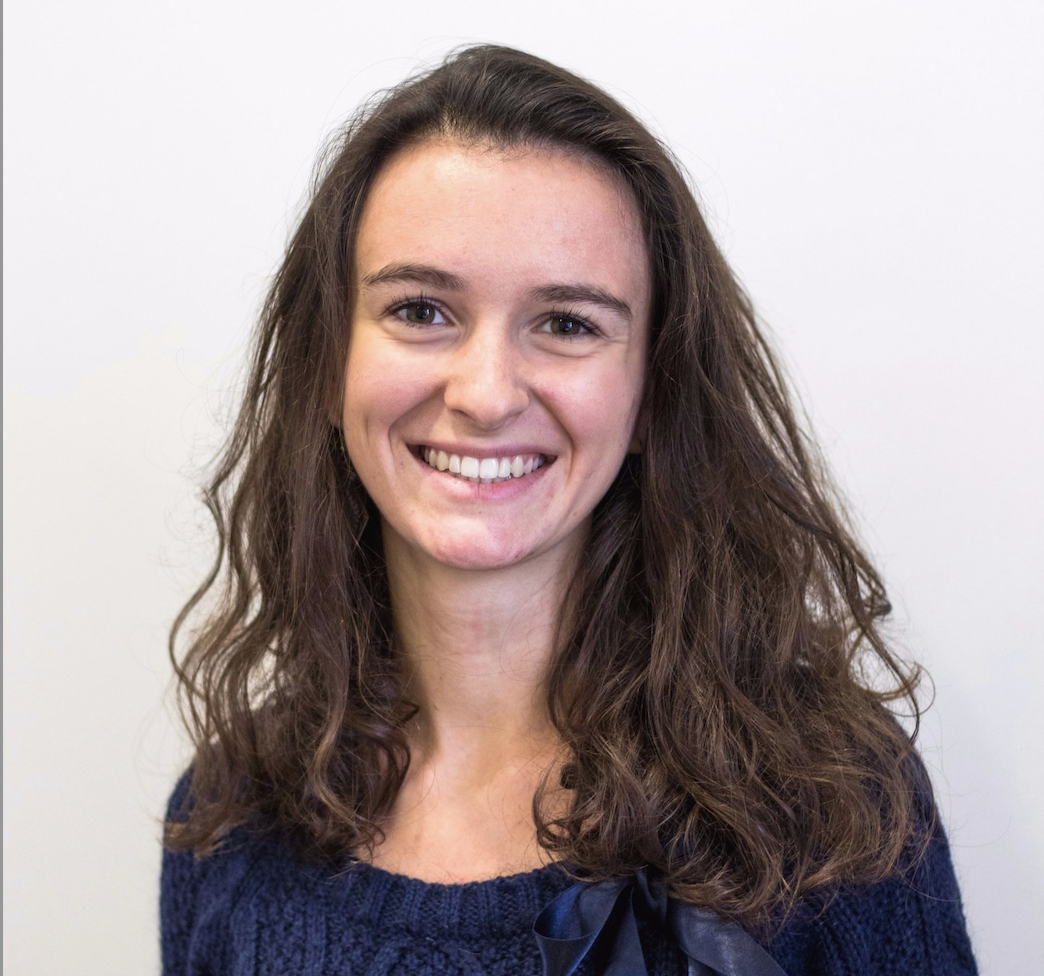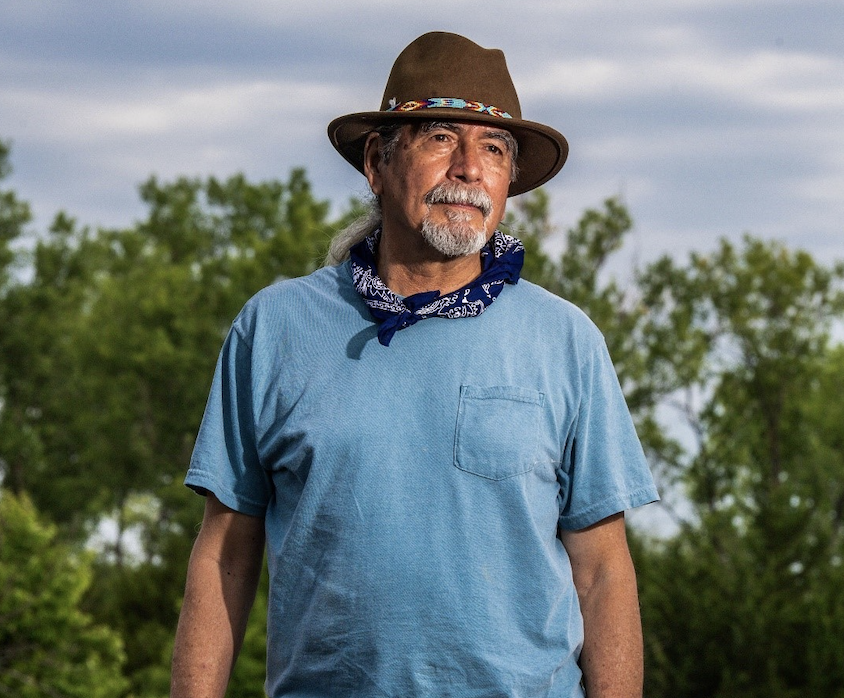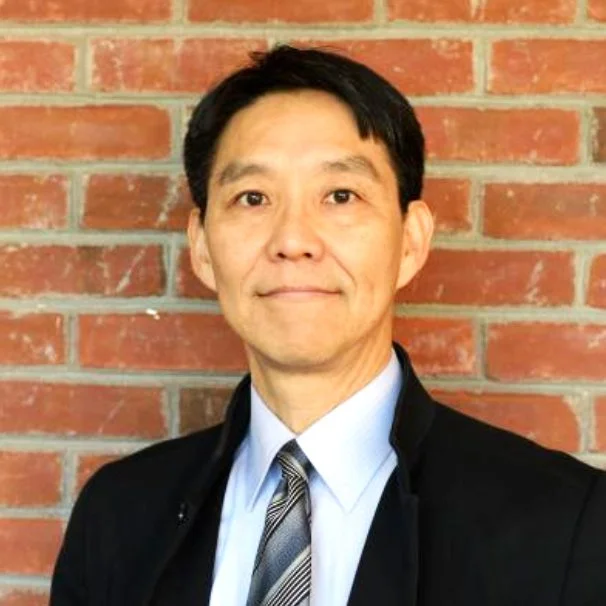Speakers
Professor Walter Leal
Manchester Metropolitan University (UK)
Professor Walter Leal (PhD, DSc, DPhil, DEd, DL, DLitt, FRGS, FSB, FLS) holds the Chairs of Climate Change Management at the Hamburg University of Applied Sciences (Germany) and Environment and Technology at Manchester Metropolitan University (UK). He directs the Research and Transfer Centre "Sustainability Development and Climate Change Management".
Dr. Ibram Ganesh
ARCI (India)
Dr. Ibram Ganesh invented SLAPE solar panels, discovered a game changing electrochemical CO2 reduction over TiN thin films, and introduced ultra-low cost EPDM rubber membranes, and authored a book: “Practicable Artificial Photosynthesis: The Only Option Available Today for Humankind to Make Energy, Environment, Economy and Life Sustainable on Earth”.
Dr. Filippos Proedrou
University of South Wales (UK)
Dr. Proedrou’s areas of expertise are Black Sea and Eastern Mediterranean geopolitics, energy transition and geopolitics, and energy and climate policy. His monograph Energy Policy and Security under Climate Change has been named among the 20 best books of all time in the categories of Energy Policy (9th) and Renewable Energy (20th) by BookAuthority. He has secured funding from the British Academy, the Leverhulme Trust, and the European Commission. Dr. Proedrou has advised the Welsh Parliament on climate policy and serves as an external expert for the European Commission.
Dr. Aisha Bello-Dambatta
University College London (UK)
Dr Bello-Dambatta is a transdisciplinary researcher in water sciences and engineering with experience in the broadly related areas of IWRM, water-energy-food-environment nexus, water-gender nexus, and climate change impacts on land and water resources. She received her PhD in Engineering from Exeter University in 2010 and has over 10 years of postdoctoral research and teaching experience at Exeter, UCL, and Bangor University (2019 – 2023). She currently lectures water sciences at UCL.
Dr. Efrat Eilam
Victoria University (Australia)
Efrat Eilam is an Associate Professor of Science Education at the Institute of Sustainable Industries and Liveable Cities at Victoria University in Melbourne, Australia. In recent years, Efrat’s research has focused on Climate Change (CC) education. In her work, she examines CC curriculum development and implementation, CC resources, and teacher professional development. She worked as an advisor to the Israel Ministry of Education and contributed to developing their comprehensive K-12 CC curriculum, which has been mandatory since 2022.
Professor Salvatore Magazù
University of Messina (Italy)
Salvatore Magazù is full professor of Experimental Physics from the year 2002 at the Dipartimento di Scienze Matematiche e Informatiche, Scienze Fisiche e Scienze della Terra (MIFT) of Messina University where he chairs the research groups of experimental and environmental physics. He was awarded by the "2000 Scientia Europaea Prize" assigned by the French Academy of Sciences.
Professor Emeritus Robin Attfield
Cardiff University (UK)
Robin Attfield taught philosophy and ethics at Cardiff University from 1968 to 2012, and was a Professor from 1991. He has also taught in Nigeria and Kenya. He has published 20 books, mostly on ethics and environmental ethics, and has addressed conferences in Belgium, Canada, France, Greece, Malaysia, USA and Zimbabwe.
Dr. Manorama Sunkara-Vardhireddy
CSIR-Indian Institute of Chemical Technology (India)
Dr. Manorama Sunkara-Vardhireddy with a background in Physics from SPPU (formerly Pune University, Maharashtra State, India) began her research in the field of Materials Science. As a Commonwealth fellow she spent a year at the School of Physics, Cardiff University (formerly UWCC, Cardiff) as a postdoctoral fellow during 1989-90. The conventional materials research activity at CSIR-IICT, was reoriented under Dr. Manorama’s mentorship to focus on applications in diverse areas of sensors/biosensors, third generation solar cells, biomedical devices, MRI contrast agents, and next-gen materials. Her publications truly capture the interdisciplinary character of materials research. Dr. Manorama’s noteworthy contribution to materials development for device applications earned her a place in the Stanford University global list of the top 2% most-cited scientists in the field of Materials Research in 2020 and 2021.
Ms. Mathilde Mousson
European Commission (Belgium/France)
Mathilde Mousson is a Policy Officer at the European Commission, in the Directorate-General Research and Innovation (DG RTD). Her work focuses on climate science in the programming of European funded research for the framework programme Horizon Europe. She graduated from Sciences Po Paris and previously worked at the UNFCCC, the IPCC, and the French Ministry of the Ecological Transition.
Dr. Daniel Wildcat
Haskell Indian Nations University (USA)
Daniel R. Wildcat is a Yuchi member of the Muscogee Nation of Oklahoma. His service as teacher and administrator at Haskell spans 38 years. In 2013 he was the Gordon Russell visiting professor of Native American Studies at Dartmouth College. Dr. Wildcat received an interdisciplinary Ph.D. from the University of Missouri at Kansas City. In 1994 he partnered with the Hazardous Substance Research Center at Kansas State University to create the Haskell Environmental Research Studies (HERS) Center and subsequently started the HERS summer undergraduate internship program with KU professor Dr. Joane Nagel. He is a noted speaker on Traditional Ecological Knowledges and has offered programs for NOAA, NASA, AGU, ESA, NCAR, and many scientific organizations and universities.
Dr. Wildcat is currently the principal investigator of a 20M, 5 year, NSF-funded project to develop the Rising Voices, Changing Coasts Research Hub at Haskell: a research hub where Indigenous knowledges will be intrinsic to the climate science developed to understand climate change impacts on Indigenous coastal Peoples of the U.S. and its territories. He is the author and editor of several books: Power and Place: Indian Education In America, with Vine Deloria, Jr.; Destroying Dogma: Vine Deloria’s Legacy on Intellectual America, with Steve Pavlik. His book, Red Alert: Saving the Planet with Indigenous Knowledge, suggests Indigenous ingenuity - Indigenuity – is required to reduce the environmental damage in the Anthropocene. He is a co-author of the Southern Great Plains chapter of the Fourth National Climate Assessment. Dr. Wildcat’s new book, On Indigenuity: Learning the Lessons of Mother Earth, is now available.
Dr. Hiroyuki Iseki
University of Maryland (USA)
Hiroyuki (Hiro) Iseki is an Associate Professor of Urban Studies and Planning and the Director of the Urban and Regional Planning and Design (URPD) Ph.D. program at the University of Maryland College Park. His research focuses on balancing efficiency, effectiveness, and equity in the provision of mobility and accessibility with special attention to transportation, land use, environment, and the diversity of needs among different socioeconomic groups. He also studies the institutional and organizational settings that affect how policies at the higher level of government are implemented within policies and planning at the local level in transportation, land use, and environmental planning. Iseki earned his Ph.D. and M.A. in Urban Planning from UCLA and M.Eng. in Electrical Engineering from the University of Tokyo.
Dr. Ryan Sixtus
Cardiff University (UK)
Ryan is a Postdoctoral Research Fellow at Cardiff University. As a translational physiologist with a special interest in climate change and cardiovascular health, Ryan has applied his expertise to the preterm-born population (those born at less than 37 weeks total gestation). To date, Ryan’s work has focussed on the lifelong cardiovascular outcomes of preterm birth, highlighting this population as a possible vulnerable population in the climate change context. He is currently seeking a fellowship to thoroughly characterise the mechanisms of physiological ‘vulnerability’ in the face of climate change.
